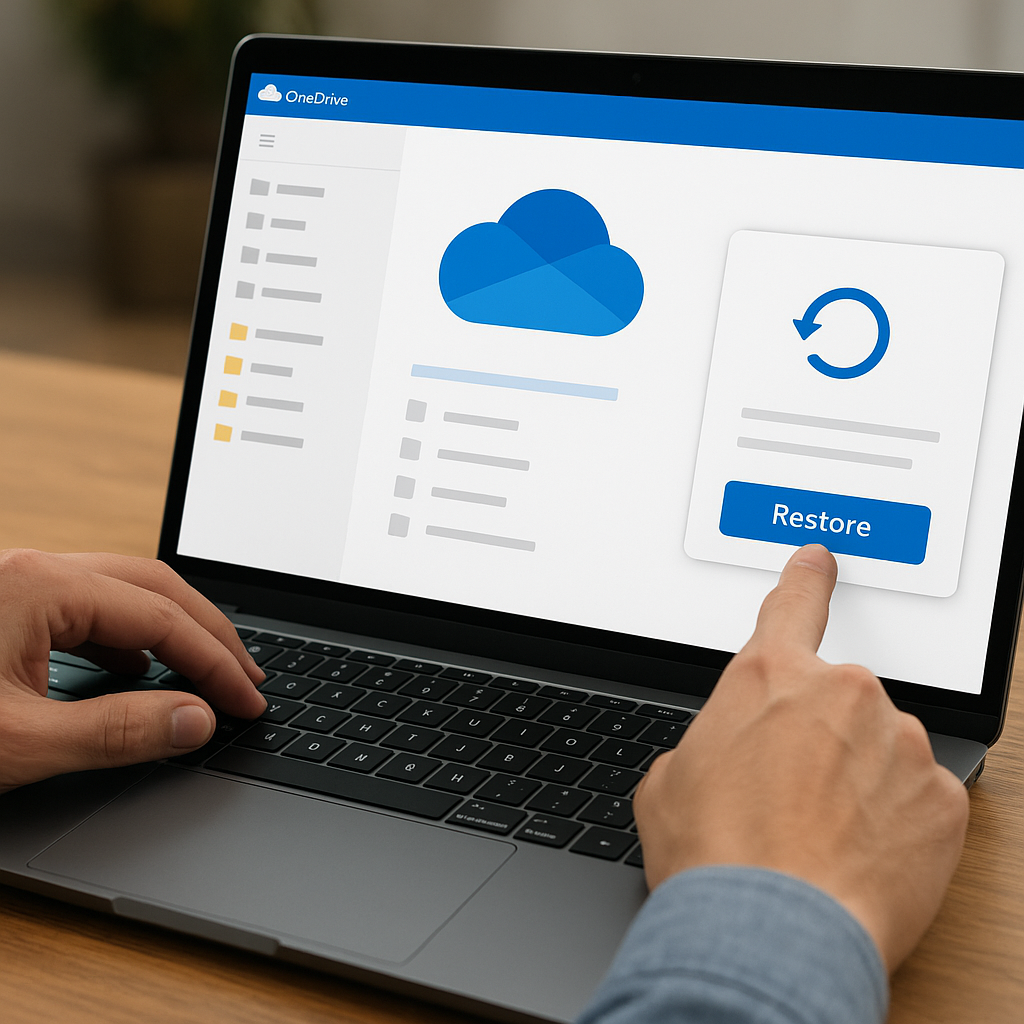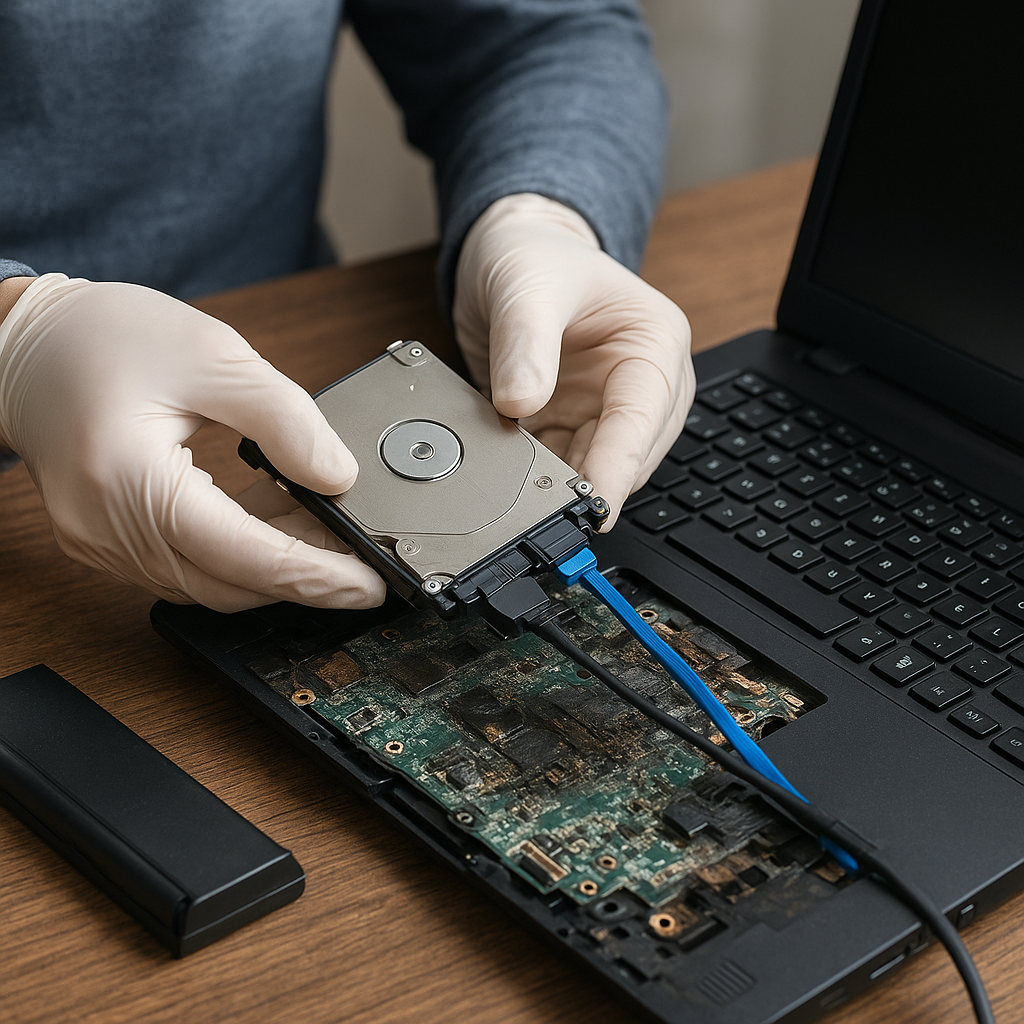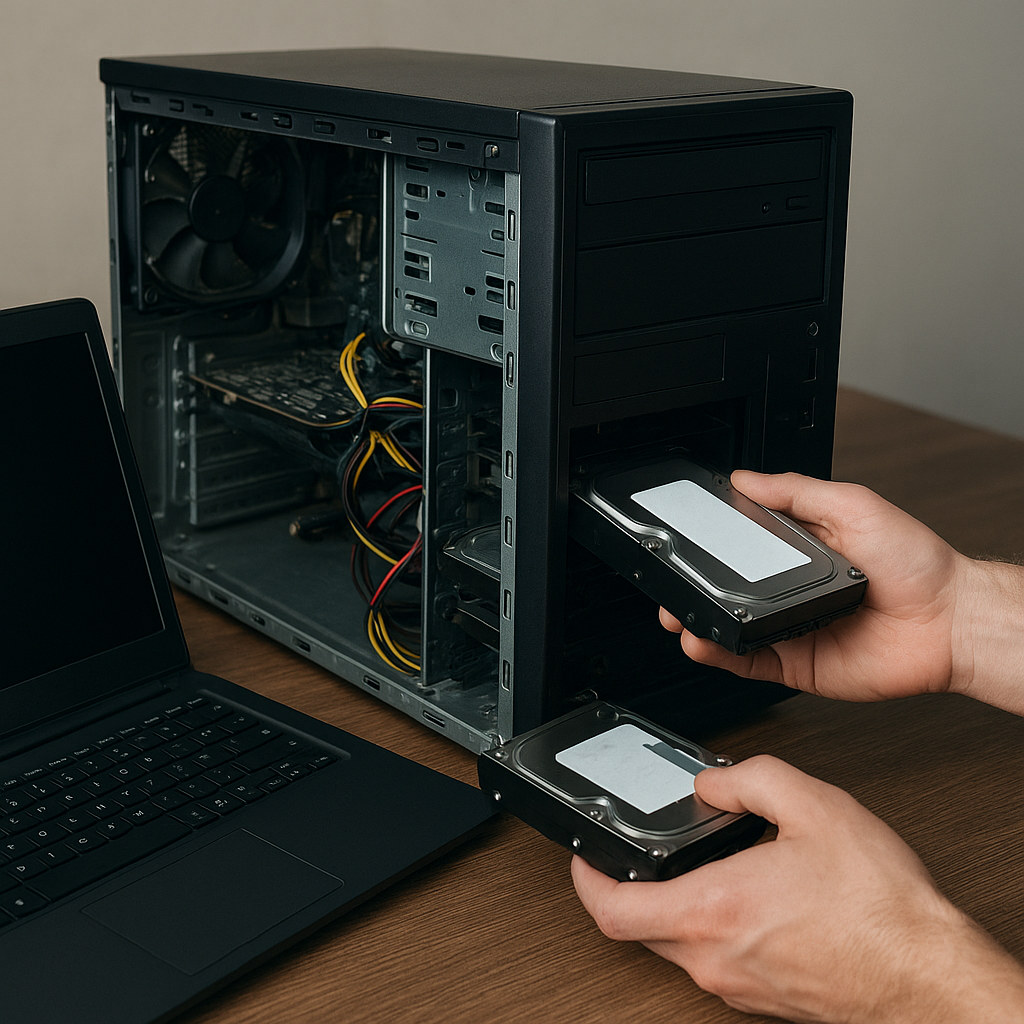Data loss can be a devastating experience, especially when it involves critical information. Choosing a reliable data recovery service is essential to ensure that your valuable data is retrieved safely and efficiently. This article provides tips for selecting the best data recovery services to handle critical data loss situations.
Understanding Data Recovery Services
Data recovery services specialize in retrieving lost, corrupted, or inaccessible data from various storage devices such as hard drives, SSDs, USB drives, and memory cards. These services are crucial when data loss occurs due to hardware failure, software corruption, accidental deletion, or other unforeseen events. Understanding the scope and capabilities of data recovery services can help you make an informed decision when selecting a provider.
Types of Data Recovery
There are several types of data recovery, each suited to different scenarios:
- Logical Data Recovery: This involves recovering data from a functioning storage device where the data has been lost due to software issues, accidental deletion, or file system corruption.
- Physical Data Recovery: This type of recovery is necessary when the storage device has suffered physical damage, such as a broken hard drive or a damaged SSD.
- RAID Data Recovery: RAID (Redundant Array of Independent Disks) systems are complex and require specialized knowledge to recover data from failed RAID arrays.
- Mobile Device Data Recovery: This involves retrieving data from smartphones and tablets, which may have been lost due to physical damage, software issues, or accidental deletion.
Key Factors to Consider When Choosing a Data Recovery Service
When faced with critical data loss, selecting the right data recovery service is paramount. Here are some key factors to consider:
Experience and Expertise
One of the most important factors to consider is the experience and expertise of the data recovery service provider. Look for companies with a proven track record in handling similar data loss situations. Experienced providers are more likely to have encountered a wide range of data loss scenarios and developed effective techniques for recovery.
Success Rate
The success rate of a data recovery service is a good indicator of their reliability. Reputable companies often publish their success rates, which can give you an idea of their ability to recover data. While no service can guarantee 100% recovery, a high success rate is a positive sign.
Security and Confidentiality
Data security and confidentiality are critical when dealing with sensitive information. Ensure that the data recovery service has robust security measures in place to protect your data. This includes secure facilities, data encryption, and strict confidentiality agreements.
Service Offerings
Different data recovery services offer varying levels of service. Some may provide on-site recovery, while others may require you to send your storage device to their facility. Consider the convenience and speed of the service offerings, especially if you need urgent data recovery.
Customer Reviews and Testimonials
Customer reviews and testimonials can provide valuable insights into the quality of service provided by a data recovery company. Look for reviews on independent platforms and consider the experiences of other customers. Positive feedback and high ratings are good indicators of a reliable service.
Cost and Pricing Structure
Data recovery can be expensive, so it’s important to understand the cost and pricing structure of the service. Some companies offer a free evaluation and provide a quote based on the complexity of the recovery. Be wary of services that charge upfront fees without a clear explanation of the costs involved.
Steps to Take Before Contacting a Data Recovery Service
Before reaching out to a data recovery service, there are several steps you can take to increase the chances of successful data recovery:
Stop Using the Affected Device
Continuing to use a device that has experienced data loss can cause further damage and reduce the chances of recovery. Turn off the device and avoid any attempts to recover the data yourself, as this can lead to permanent data loss.
Document the Data Loss Incident
Take note of the events leading up to the data loss, including any error messages, unusual behavior, or physical damage to the device. This information can be helpful for the data recovery service in diagnosing the issue and determining the best recovery approach.
Backup Remaining Data
If possible, create a backup of any remaining data on the affected device. This can help prevent further data loss and ensure that you have a copy of any recoverable information.
Conclusion
Choosing a reliable data recovery service is crucial when dealing with critical data loss. By considering factors such as experience, success rate, security, service offerings, customer reviews, and cost, you can make an informed decision and increase the chances of successful data recovery. Remember to take precautionary steps before contacting a data recovery service to maximize the likelihood of retrieving your valuable data.












